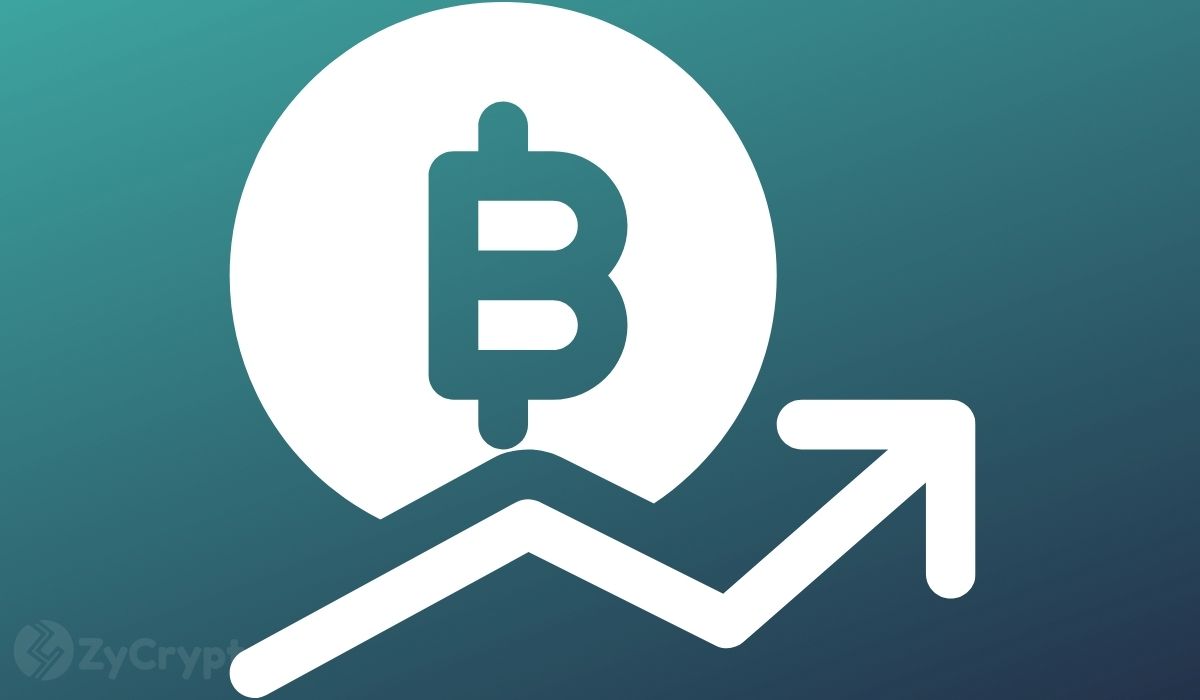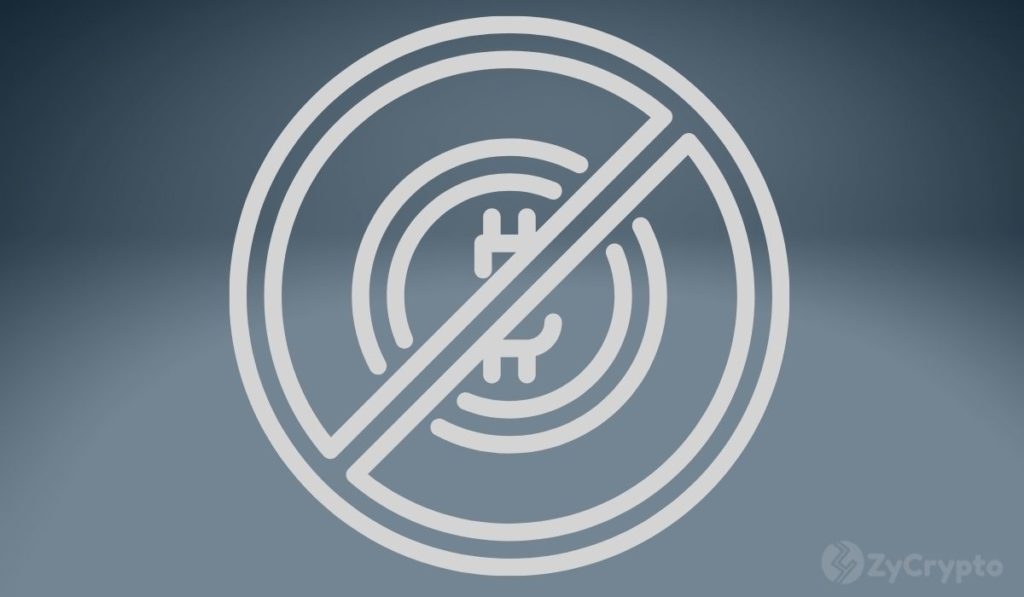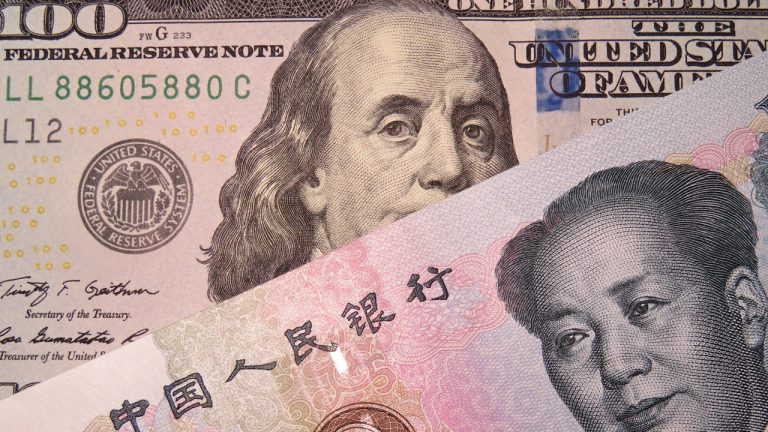2018-10-17 22:58 |
According to a recent research report compiled by researchers from the Florida International University and Princeton University, China has tremendous influence over the bitcoin network largely due to its monopolization of the system’s hashing power. The report explores the nation’s attack capabilities and incentive to devastate bitcoin.
China currently controls about 74 percent of the bitcoin network’s cryptographic hashing power. What’s concerning is that it could use this position to launch an attack that can affect over 50 percent of the bitcoin system. Such an event would trigger a chain reaction that could ultimately destabilize the entire bitcoin ecosystem.
How Did China Become a Major Bitcoin Mining Powerhouse?The availability of cheap power is believed to be a key driver of hashing-power centralization in China. According to a recent report by Diar, China boasts significantly lower electricity rates as compared to the United States and most western nations, with retail tariffs ranging at about $0.08 kW/h.
Wholesale rates are about half that. The low rates make bitcoin mining a fairly sensible venture in the East Asian country. In comparison, electricity tariffs in the United States currently average 12 cents per kilowatt-hour (kWh), while UK figures stand at about 14.37 pence per kWh (19 cents per kWh).
Cheap electricity in China is believed to have led to the early revolution of the bitcoin mining industry in the country, and led to its dominance of mining-pools. And so today, most major bitcoin mining pools are located in China.
The Chinese company, Bitmain, is one example of a bitcoin mining success story. Founded in 2013, years before the meteoric rise of the cryptocurrency industry, it played a significant role in the establishment of the bitcoin mining industry in China. It now dominates about 30 percent of this sector. Its mining pools, BTC.com and Antpool, account for about 16 percent and 14 percent of this market segment, respectively.
Why the Chinese Government Would Want to Attack the Bitcoin NetworkThere are numerous reasons why the Chinese government would want to attack the bitcoin network. One of those, according to various schools of thought, is to render it useless in an attempt to protect its economy. However, a more probable reason, according to some crypto analysts would be to augment the country’s position as a bitcoin hash-power monopoly.
According to Zhou Yuzhong, a renowned author who has written several books on the development of digital currencies in China, the Chinese administration has implemented major policies against numerous cryptocurrency activities in the past two years, which include the banning of Initial Coin Offerings (ICOs) and blocking access to offshore cryptocurrency exchanges.
However, the more plausible objective, according to the author, is to gain greater control over the cryptocurrency market while keeping out foreign players. According to the analyst, “Banning ICOs is just a risk management measure on the surface … what the central bank really wants is to get back the power of control.”
Zhou argues that the People’s Republic of China would rather keep a few crypto exchanges that are in compliance with its regulations than move bitcoin trading to underground or overseas markets.
Attacking the Bitcoin Network Incomplete Block SubmissionsChina could increase its hashing power monopoly by launching a series of coordinated attacks against competing mining pools controlled by competitors in other nations. According to the Florida-Princeton University report, a ‘Trojan’ type of attack involving Chinese ‘participants’ posing as miners in foreign mining pools would allow the submission of incomplete blocks to such pools and this would ultimately undermine mining efforts.
Such a covert operation would not raise suspicion and would cause the mining pool to miss out on the rewards, eventually rendering it unreliable. A collectively orchestrated attack would force frustrated miners to opt for more profitable mining pools, most likely controlled by the Chinese.
Targeted De-anonymization AttacksThe Chinese government could also carry out de-anonymization vector attacks on the bitcoin network to de-anonymize users, for example, it deems as a threat to its ideologies. De-anonymization would enable the government to monitor the victims’ online activities, including their bitcoin transactions.
The Chinese government has an edge in this area because of its iron grip on the internet network in the country and the inherent capacity to link bitcoin addresses to specific IP addresses. This capability could be used to identify merchants dealing in bitcoin, for example, and coerce them into forcing their clients to submit personally identifying information.
Punitive Forking AttacksChina could also launch attacks on the bitcoin network to sensor addresses associated with certain entities. This could be organizations from certain nations or criminals. With control of over 70 percent of the hashing power, mining pools belonging to Chinese operators could be pushed to decline to mine on chains linked to certain addresses.
Generally referred to as a punitive forking attack, the technique can be used to force owners of victim addresses to adhere to certain censorship regulations laid down by the nation.
Slowing Down the Bitcoin NetworkChina could easily slow down the bitcoin network by directly or indirectly influencing pool managers. Most of them are located within the country and are responsible for allocating mining jobs and propagating mined blocks.
As such, they control the input and output of miners. However, they rely on Chinese regulated power and internet networks to carry out their activities and this exposes a significant portion of the bitcoin platform to direct government control.
The report particularly highlights the worrying amount of control that the Great Firewall of China (GFW) has over vital aspects of bitcoin mining, especially traffic. The firewall constantly performs on-path surveillance and Deep Pocket Inspection (DPI).
It also probes internet connection access points and gives government regulators the ability to manipulate networks by injecting malicious code into data packets. Such an installation would enable significant control over bitcoin networks.
The research paper cites a deeply troubling government interference problem that existed before the 2016 Bitcoin Core update. It led to a significant number of Chinese miners resorting to mine empty blocks due to network latency overheads imposed by the government via the GFW.
The post Hacking Bitcoin: Report Says China Can Attack the Bitcoin Mining Network appeared first on CoinCentral.
origin »Bitcoin price in Telegram @btc_price_every_hour
Bitcoin (BTC) на Currencies.ru
|
|



























